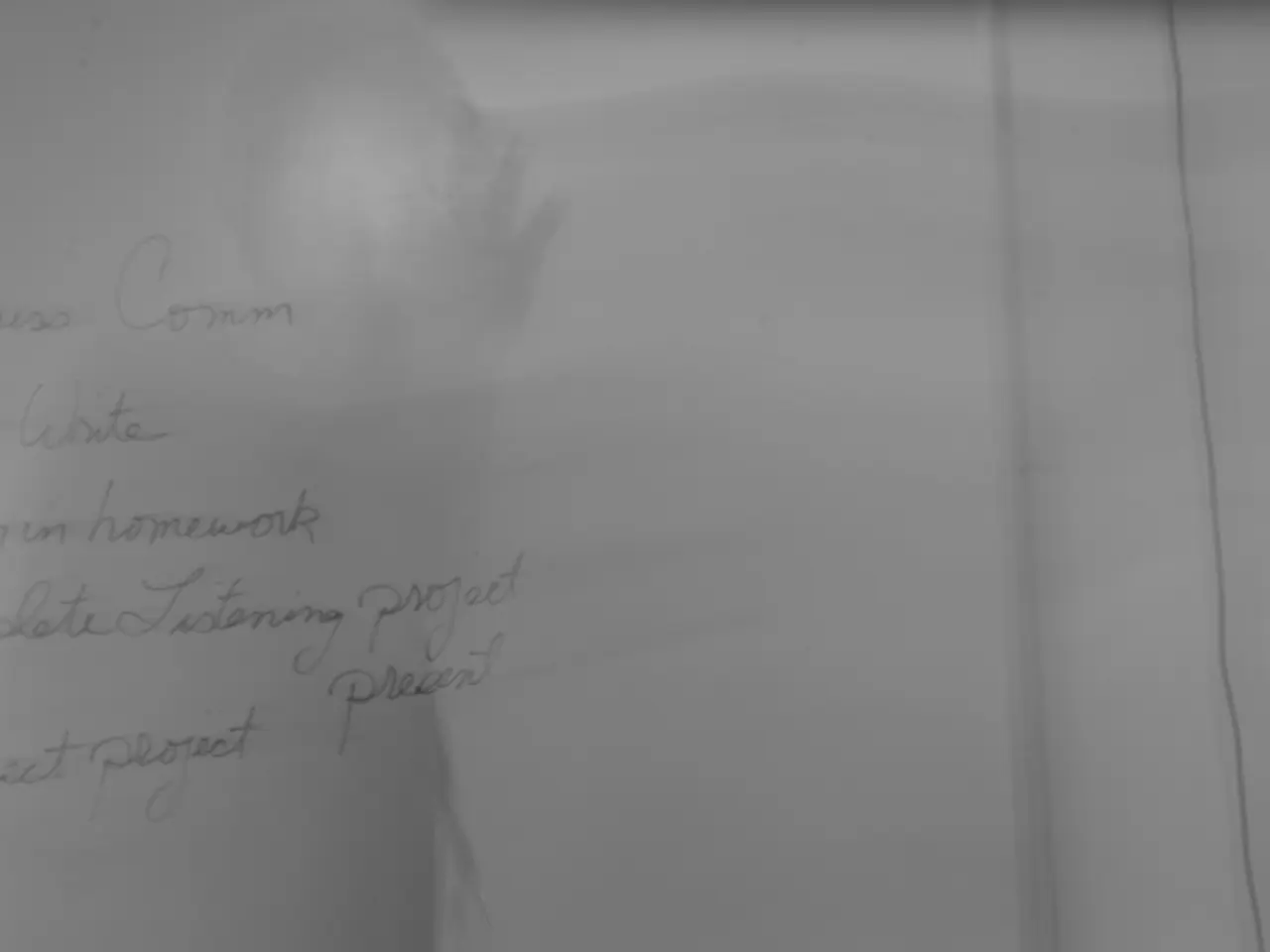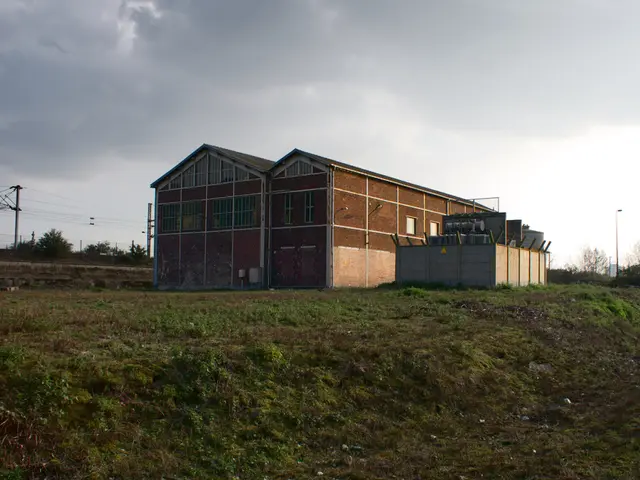Pondering swiftly for swift scenarios: The covert advantage of deliberate decision-making processes
Slow Down to Move Ahead: The Power of the Strategic Pause in Business Decisions
In today's fast-paced business world, making quick decisions can often feel like the key to success. However, according to Ramki Jayaraman, Managing Partner at Synarchy Consulting, there's a different approach that can lead to even more favourable outcomes: the Strategic Pause Protocol.
This framework, developed through hundreds of client engagements, is designed for high-stakes business decisions. It encourages leaders to take a step back, recognise cognitive triggers, and embrace productive discomfort, rather than rushing into decisions.
When a family-owned manufacturer found itself in a critical business situation, with competitors gaining ground and market share eroding, the CEO was asked to pause and think. The boardroom fell silent as the CEO was instructed to stop everything. The company was under pressure to take immediate action, but the CEO chose to spend six months in System 2 thinking—conducting thorough research, stress-testing assumptions, and modeling scenarios.
This deliberate decision wasn't about avoiding risk, but optimising for sustainable advantage over quick wins. By taking an uncomfortable pause to think deeply, the family-owned manufacturer was able to retain market leadership and expand into new growth markets when economic headwinds hit.
So, how does the Strategic Pause Protocol work? Jayaraman suggests that the first step is to recognise cognitive triggers. This means noticing when you feel urgent pressure to decide, as this is often your fast, intuitive System 1 creating artificial urgency. Question what actually happens if you delay—often, waiting 48 hours causes no harm.
The next step is to diversify thinking inputs. Avoid confirmation bias by actively seeking perspectives from diverse sources such as different functions, generations, and cultures within your organisation. Insights from less senior members can be particularly valuable.
The third step is to run mental time travel (pre-mortems). Guide your team to imagine the decision has failed and work backward to identify potential reasons. This activates slower, analytical System 2 thinking and uncovers blind spots hidden by premature consensus.
In business environments, there is a danger of becoming overly reliant on System 1 thinking (fast, intuitive, and often wrong when stakes are highest). By taking a strategic pause, leaders can reveal system 1 bias and empower better decision-making.
Jayaraman argues that business success requires the discipline to slow down, despite our brains being wired for speed. The question isn't whether you can afford to think slowly, but whether you can afford not to, implying the importance of slow thinking in high-stakes decisions.
In a world obsessed with real-time everything, the ultimate competitive advantage belongs to leaders brave enough to pause, think deeply, and act deliberately. As Daniel Kahneman's work "Thinking, Fast and Slow" discusses, two cognitive systems guide our decisions: one for instant responses and another for careful deliberation. The Strategic Pause Protocol provides a framework for harnessing the power of System 2 thinking, leading to successful outcomes in high-stakes business decisions.
- In the fast-paced business world, it's crucial to recognize cognitive triggers that might urge us to choose quick decisions, even in high-stakes situations.
- To optimize for sustainable advantage over quick wins, leaders can diversify their thinking inputs by seeking perspectives from various functions, generations, and cultures within the organization.
- In a strategic pause, leaders can run mental time travel (pre-mortems) to identify blind spots and uncover potential reasons a decision might fail, activating slower, analytical thinking.
- While our brains may be wired for speed, Jayaraman argues that the ultimate competitive advantage in high-stakes business decisions belongs to leaders who can afford the discipline of slowing down, thinking deeply, and acting deliberately.




